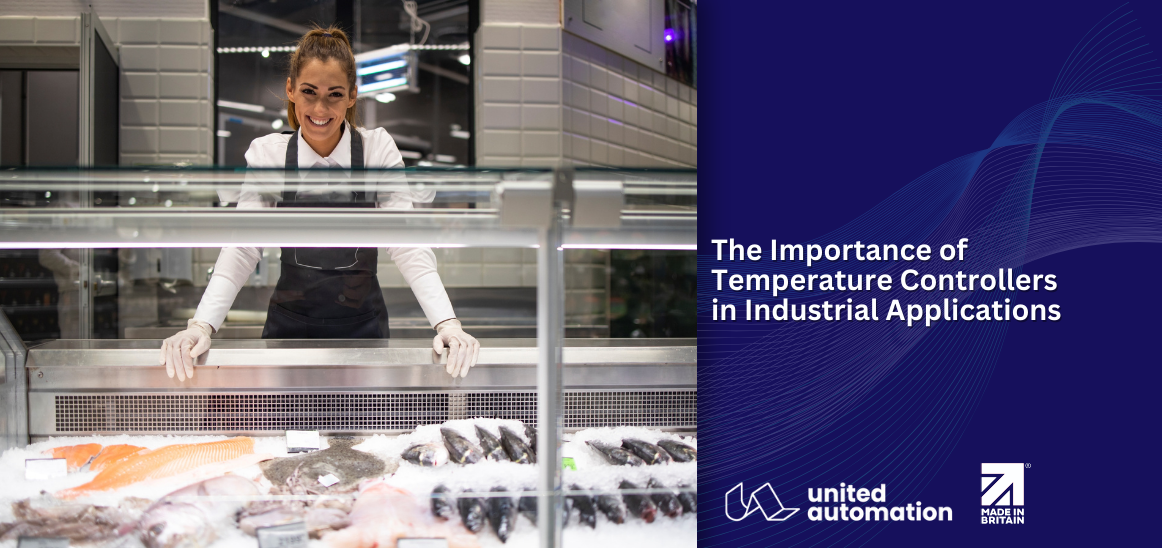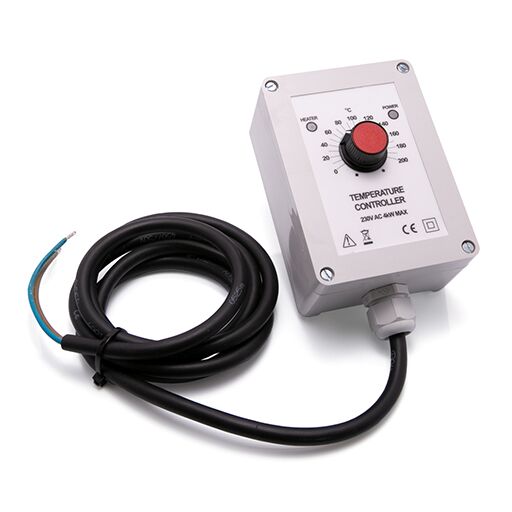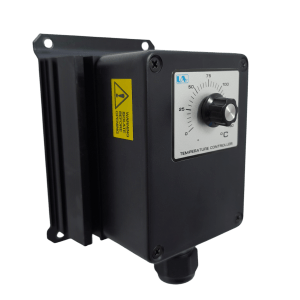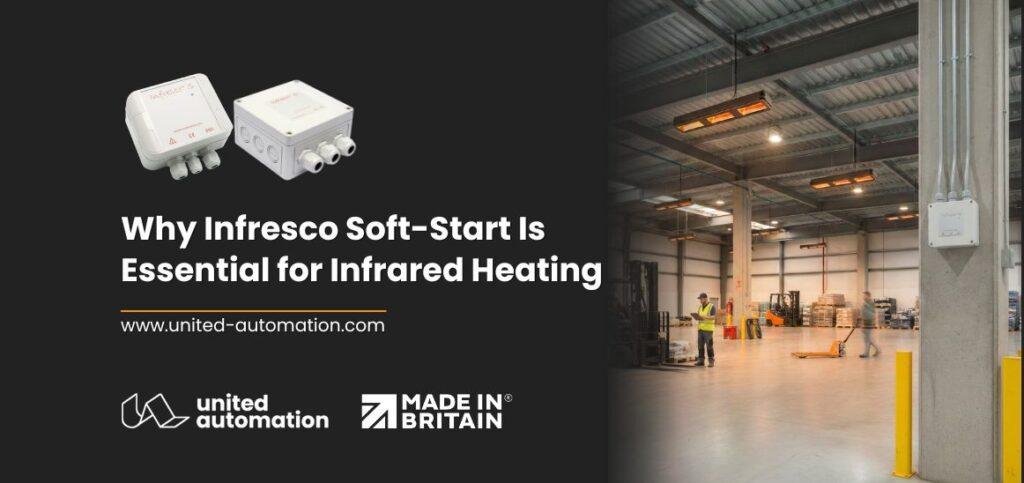FREE DELIVERY ON ORDERS OVER £50 IN THE UK & EU
Menu
Close
Menu
- Catering Solutions
- Industrial Power Control & Regulation
- AC Voltage Regulators
- DC Motor controllers
- IGBTs, SiC MOSFETs & SiC Diodes — Silicon Carbide Power Semiconductors
- Thyristor / Triac drivers
- Thyristor Controllers
- Trigger and Power modules
- Thyristors
- Soft Start Controllers
- Solid State Relay (SSR)
- Power Line Filters (EMI/EMC Filters)
- Power Factor Correction
- Industrial Heating & Temperature Management
- Motion & Vibration Control
- General Components & Brands
- Power Factor Correction Solutions
- DealsSales!
- Services
- Join Us
- Technical Support
- About Us
- Certifications & Approvals
- Contact Us
- My Account
- Datasheet Library
- Brochures & Product Catalogue
- Blog / News
- Frequently Asked Questions (FAQs)
Close
- Catering Solutions
- Industrial Power Control & Regulation
- AC Voltage Regulators
- DC Motor controllers
- IGBTs, SiC MOSFETs & SiC Diodes — Silicon Carbide Power Semiconductors
- Thyristor / Triac drivers
- Thyristor Controllers
- Trigger and Power modules
- Thyristors
- Soft Start Controllers
- Solid State Relay (SSR)
- Power Line Filters (EMI/EMC Filters)
- Power Factor Correction
- Industrial Heating & Temperature Management
- Motion & Vibration Control
- General Components & Brands
- Power Factor Correction Solutions
- DealsSales!
- Services
- Join Us
- Technical Support
- About Us
- Certifications & Approvals
- Contact Us
- My Account
- Datasheet Library
- Brochures & Product Catalogue
- Blog / News
- Frequently Asked Questions (FAQs)
Menu
Close
Close
- Catering Solutions
- Industrial Power Control & Regulation
- AC Voltage Regulators
- DC Motor controllers
- IGBTs, SiC MOSFETs & SiC Diodes — Silicon Carbide Power Semiconductors
- Thyristor / Triac drivers
- Thyristor Controllers
- Trigger and Power modules
- Thyristors
- Soft Start Controllers
- Solid State Relay (SSR)
- Power Line Filters (EMI/EMC Filters)
- Power Factor Correction
- Industrial Heating & Temperature Management
- Motion & Vibration Control
- General Components & Brands
- Power Factor Correction Solutions
- DealsSales!
- Services
- Join Us
- Technical Support
- About Us
- Certifications & Approvals
- Contact Us
- My Account
- Datasheet Library
- Brochures & Product Catalogue
- Blog / News
- Frequently Asked Questions (FAQs)
FREE DELIVERY ON ORDERS OVER £50 IN THE UK & EU
Close
Close
- Catering Solutions
- Industrial Power Control & Regulation
- AC Voltage Regulators
- DC Motor controllers
- IGBTs, SiC MOSFETs & SiC Diodes — Silicon Carbide Power Semiconductors
- Thyristor / Triac drivers
- Thyristor Controllers
- Trigger and Power modules
- Thyristors
- Soft Start Controllers
- Solid State Relay (SSR)
- Power Line Filters (EMI/EMC Filters)
- Power Factor Correction
- Industrial Heating & Temperature Management
- Motion & Vibration Control
- General Components & Brands
- Power Factor Correction Solutions
- DealsSales!
- Services
- Join Us
- Technical Support
- About Us
- Certifications & Approvals
- Contact Us
- My Account
- Datasheet Library
- Brochures & Product Catalogue
- Blog / News
- Frequently Asked Questions (FAQs)







